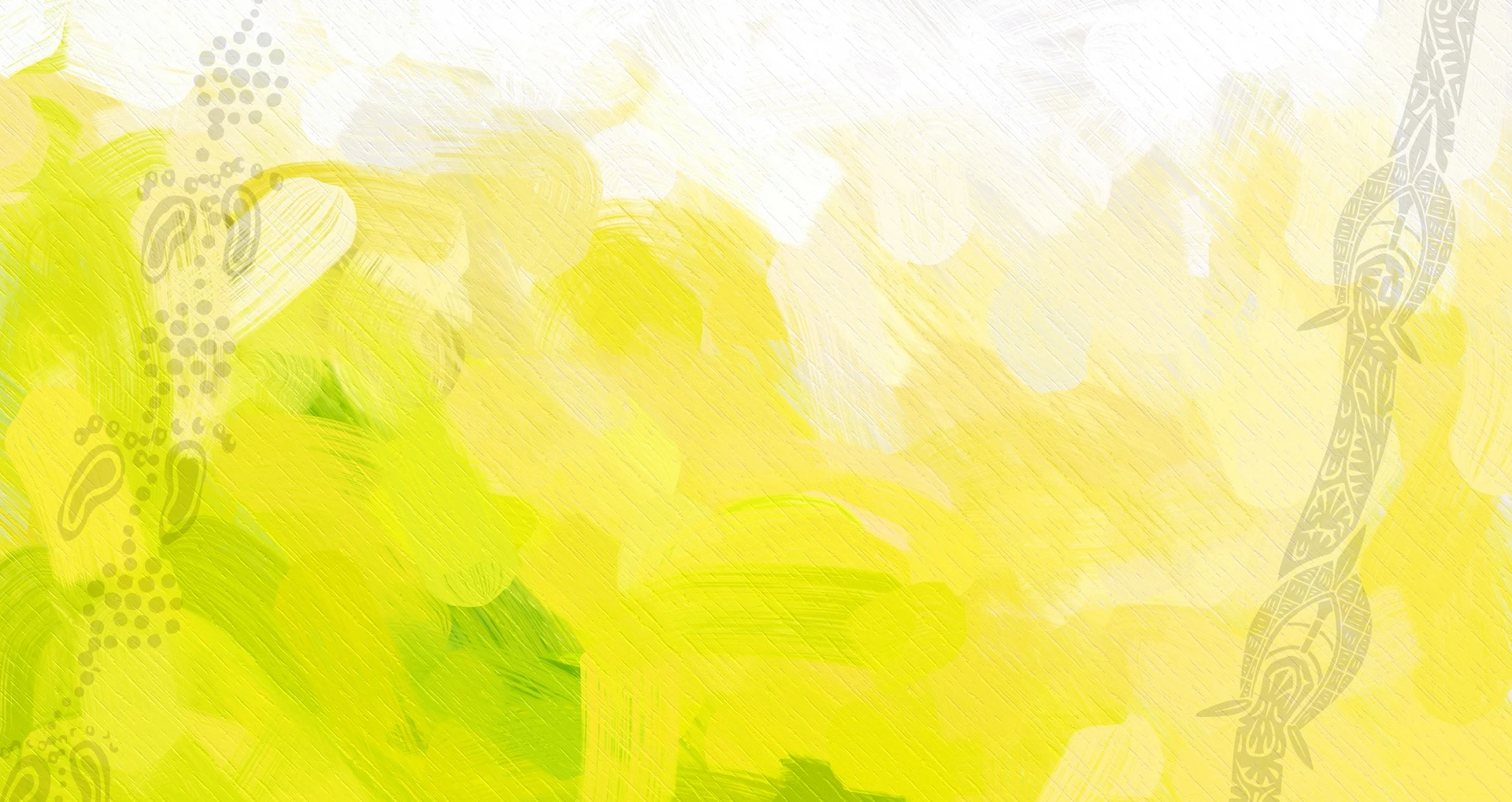Robert's Story
Robert de Castella, known as 'Deek' is a four-time Olympian, competing in the men's marathon at the Moscow 1980, Los Angeles 1984, Seoul 1988 and Barcelona 1992 Olympic Games. His best result came in Los Angeles when he came so close to the podium, finishing fifth in 2 hours, 11 minutes and 9 seconds.
De Castella put the world on notice when he won the 1981 Fukuoka Marathon in a course record time of 2:08:18. The time was five seconds slower than Alberto Salazar had set at the 1981 New York City Marathon, but it was later discovered that the New York course was 148 metres short and De Castella's time was later ratified as the world record.
The following year Deek won the Commonwealth Games in Brisbane. Two Tanzanians in Gidamis Shahanga, the defending title holder, and Juma Ikangaa took an early lead in the race and appeared to have an insurmountable lead before Deek slowly reeled them in. He passed Shahanga and eventually caught up to Ikangaa but he refused to be headed and regained the lead. A tremendous battle was fought out between the two over the race’s closing stages before Deek prevailed, to win gold in 2:09.18.
In 1983, he won Australia's first Athletics World Championship gold by taking out the marathon in Helsinki, the first year the titles were held.
In his last international race, Deek finished 33rd in the 1993 London marathon in 2:19.44 before his great competitive running career came to an end. He was rightly internationally acclaimed as the number one marathon runner in the World in the 1980’s.
De Castella became Director of the Australian Institute of Sport in 1990, a position he held until 1995. He has been a passionate advocate for athletics and marathon running and is proud custodian of the Indigenous Marathon Project - using marathon running to change lives by promotion healthy and active lifestyles throughout Indigenous communities.
